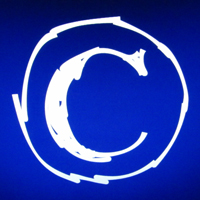- photo contests ▼
- photoshop contests ▼
- Tutorials ▼
- Social ▼Contact options
- Stats ▼Results and stats
- More ▼
- Help ▼Help and rules
- Login
Other Respected Sites:
Understanding Image Types: JPEG and TIFF - Photography Tutorial

Knowing which image type to use ensures you can make the most of your digital photographs. Some image types are best for getting an optimal balance of quality and file size when storing your photos, while other image types enable you to more easily recover from a bad photograph. Countless image formats exist and new ones are always being added; in this section we will focus on options related to the two of the three formats most relevant to digital photography: JPEG and TIFF. The RAW file format is covered in a separate tutorial.
submitted: 5 years and 3902 days ago
submitted: 5 years and 3902 days ago








